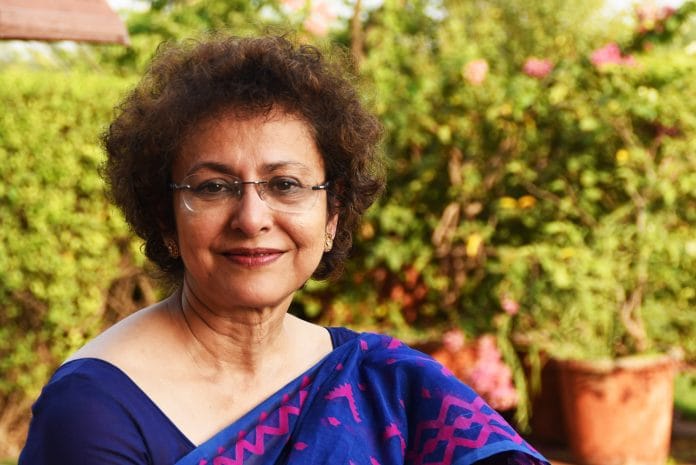Citing international law, human rights advocate Irene Khan says governments can deport people like Rohingyas back to their country only if they can return home safely.
New Delhi: India should show the same generosity and compassion for Rohingya refugees as it did for thousands of Bangladeshis in 1971, top global human rights lawyer Irene Khan has urged.
According to official estimates, there are about 40,000 Rohingyas in India. The BJP government at the Centre has, however, termed them as illegal immigrants, saying Rohinyas pose a security threat to India and they will be deported soon.
“Although India is not a party to the 1951 Refugee Convention, it showed a lot of generosity to thousands of Bangladeshis and I hope that it will continue with this compassion with the Rohingyas,” Khan, who is from Bangladesh and served as secretary general of Amnesty International for eight years, told ThePrint.
Khan was also associated with the United Nations High Commissioner for Refugees for 21 years and worked with the Rohingyas, considered the world’s most persecuted minority group. According to a UN estimate, almost 5 lakh Rohingyas have fled Myanmar since August as a result of ethnic violence there.
“Even though a government has the sovereign right to deport some refugees, based on whether they entered legally or illegally, national governments must remember that they can deport people back to their country only if they can return home safely, not if their lives would still be in danger. This would otherwise violate international law,” the Bangladeshi lawyer said.
On whether the Rohingya crisis is part of the larger Islamophobia debate, she said that the issue has existed for a very long time and is concerned with the exact identity of the Rohingyas.
“The Rohingya issue is much more complex and it is very simple to call it anti-Muslim,” added Khan, currently director general of International Development Law Organisation, a Rome-headquartered intergovernmental body exclusively devoted to promoting the rule of law.
She also highlighted that Myanmar is a region of multiple ethnic identities and that the government of the country must take pride in it.
“There is strength in diversity, which makes a democracy stronger,” Khan said.
She explained that this is not the first exodus that is taking place as a similar one had happened in the 1990s when, through concerted efforts, most of the refugees went back home.”
On the question of the legality of refugees, she said that often, a lot of refugees may not actually pose a threat to the security of a country, which is when their skills could benefit the economy of the host nation.
“European and North American countries are known to provide amnesty to such refugees, which permits them to live peacefully,” Khan said.






